Learn how to edit oral history and sound recordings (online workshop)
OnlineHave you recorded oral history interviews but don't know how to edit them to create clips? Are your oral history recordings sitting in an archive, not being used? Have you ever wanted to make use of the recordings for displays or presentations? If so, this workshop is for you. This hands-on workshop will- • introduce
Read More...
LUNCH TIME MARKETING: GO VIRTUAL FOR HISTORY MONTH
ZOOM Join from anywhere in the worldSocial media has become the most influential and important virtual space to network, build a community, promote what you do, find assistance, sell books and events and connect. Social media networks are open to all and they are free, giving historical societies a chance to connect with whoever shares their interests.
C J LA TROBE; JOLIMONT PLANTSMAN
RHSV ZOOM by Invitation , AustraliaFriends of La Trobe's Cottage Annual Lecture This presentation will explore how Governor La Trobe’s school days in England and his travel experiences further afield as a young adult fostered his interest in the natural world, which led him to seek out the plants of Port Phillip, create a beautiful garden at Jolimont (as well
Read More...
Blue Lake: Finding Dudley Flats and the West Melbourne Swamp
Join via ZoomGlen Eira Historical Society - Speaker Series, a talk by author David Sornig on Wednesday 22 September 2021 at 7.30pm via Zoom Through the years of the Great Depression and beyond, the wetlands, rubbish tips and shanties of Dudley Flats, a neglected zone hidden in plain sight just a stone’s throw away from central Melbourne,
Read More...
Cataloguing Clinic via Zoom with Jillian Hiscock
ZOOM Join from anywhere in the worldCataloguing Clinic via Zoom with Jillian Hiscock For this clinic, Jillian will be focusing on the cataloguing of objects (including medals). Please note that the clinic on Thu 23 Sept will start at 12:30pm not 11am. Jillian Hiscock, the RHSV Collections Manager, started these cataloguing clinics during the early days of COVID and they
Read More...
THE BRILLIANT BOY Gideon Haigh talks about Doc Evatt
RHSV, Gallery Downstairs 239 A'Beckett Street, Melbourne, VIC, AustraliaTHE BRILLIANT BOY Gideon Haigh talks about Doc Evatt We are thrilled that Gideon Haigh will talk about his latest book, The Brilliant Boy and the Great Australian Dissent, for the RHSV on Wednesday 29th of September. The event will be chaired by Dr E W Russell. In a quiet Sydney street in 1937, a
Read More...
The PMI’s afternoon historical book chat
This is a casual drop in session where you can bring your afternoon tea, listen and chat about the historical books that you are reading or projects that you are researching. To attend the session, please book your tickets using the try booking link below, and a Zoom link will be sent to you. If
Read More...
Create a video using oral history recordings and images (online workshop)
OnlineHave you ever wanted to make a video from oral history interviews? Are your oral history recordings sitting in an archive, not being showcased? Have you ever wanted to make use of interview files for displays or presentations, or to put on a website? Would you like to make a digital story? Have you interviewed
Read More...
Paving Our Ways: A History of the World’s Roads and Pavements
ZOOM Join from anywhere in the worldPaving our Ways provides a comprehensive international history of the world’s pavements, running from the earliest human settlements to the present day. It examines the earliest pavements in Egypt and Mesopotamia and then moves to North Africa, Crete, Greece and Italy, before a review of pavements used by the Romans in their magnificent road system. After its empire collapsed, Roman pavements fell into ruin. The slow recovery of pavements in Europe began in France and then in England.
LUNCH TIME MARKETING
ZOOM Join from anywhere in the worldSocial media has become the most influential and important virtual space to network, build a community, promote what you do, find assistance, sell books and events and connect. Social media networks are open to all and they are free, giving historical societies a chance to connect with whoever shares their interests.
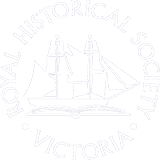


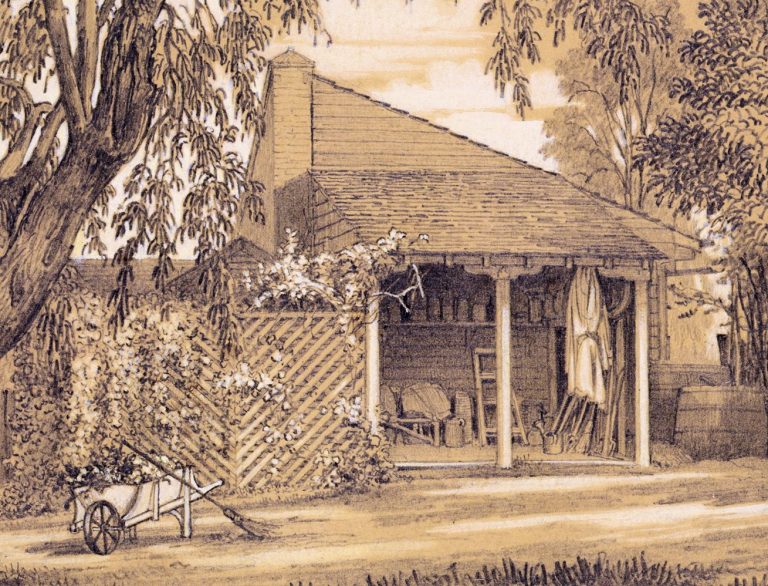


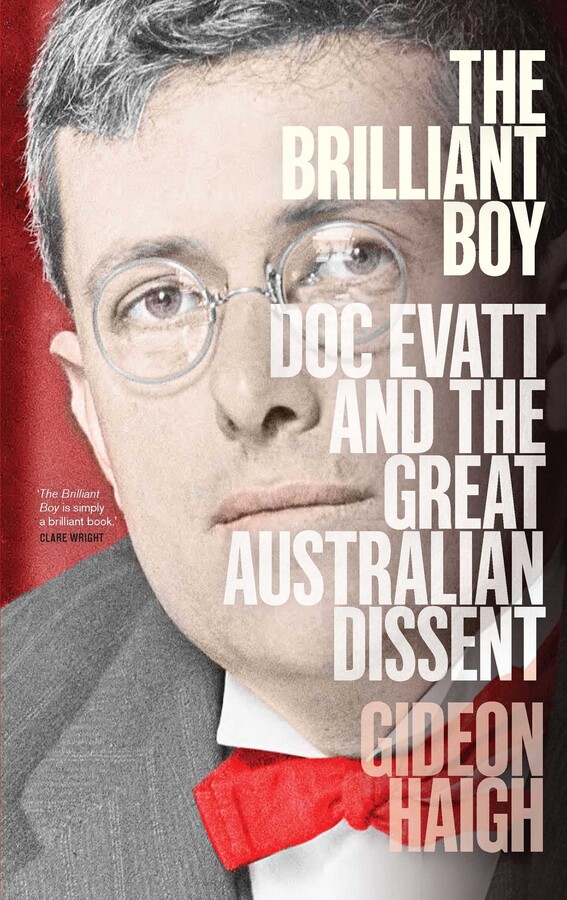

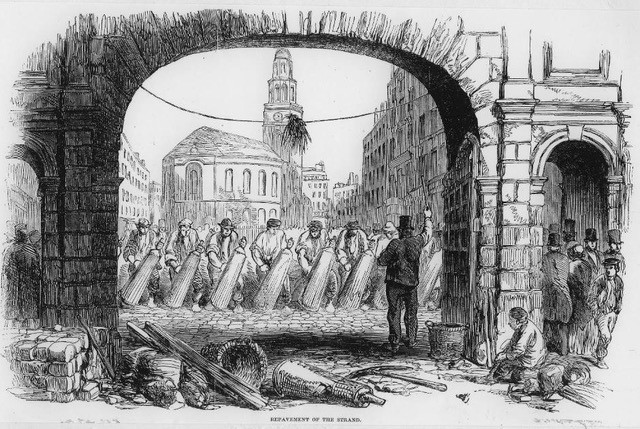
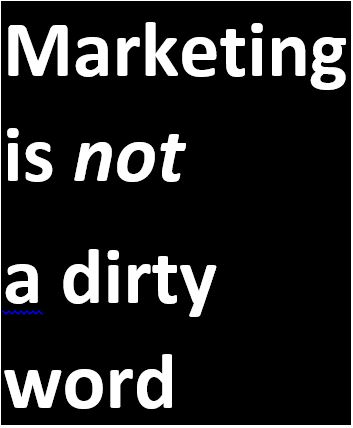
 239 A'Beckett Street Melbourne, Victoria, 3000
239 A'Beckett Street Melbourne, Victoria, 3000  03 9326 9288
03 9326 9288  office@historyvictoria.org.au
office@historyvictoria.org.au  Office & Library: Weekdays 9am-5pm
Office & Library: Weekdays 9am-5pm

